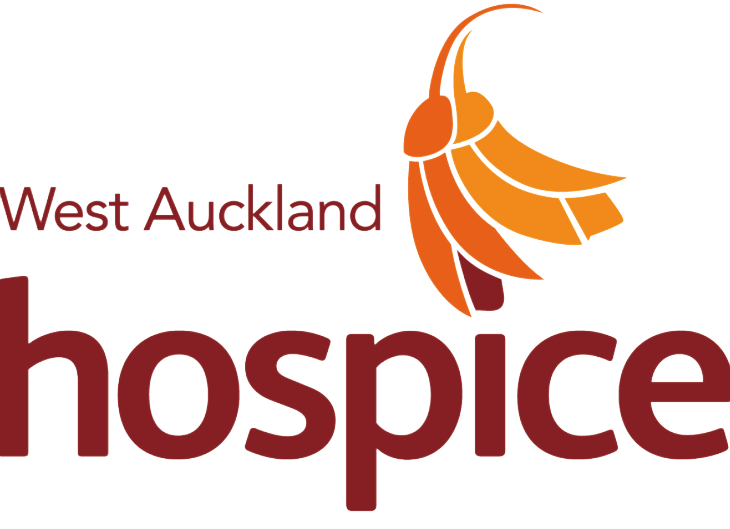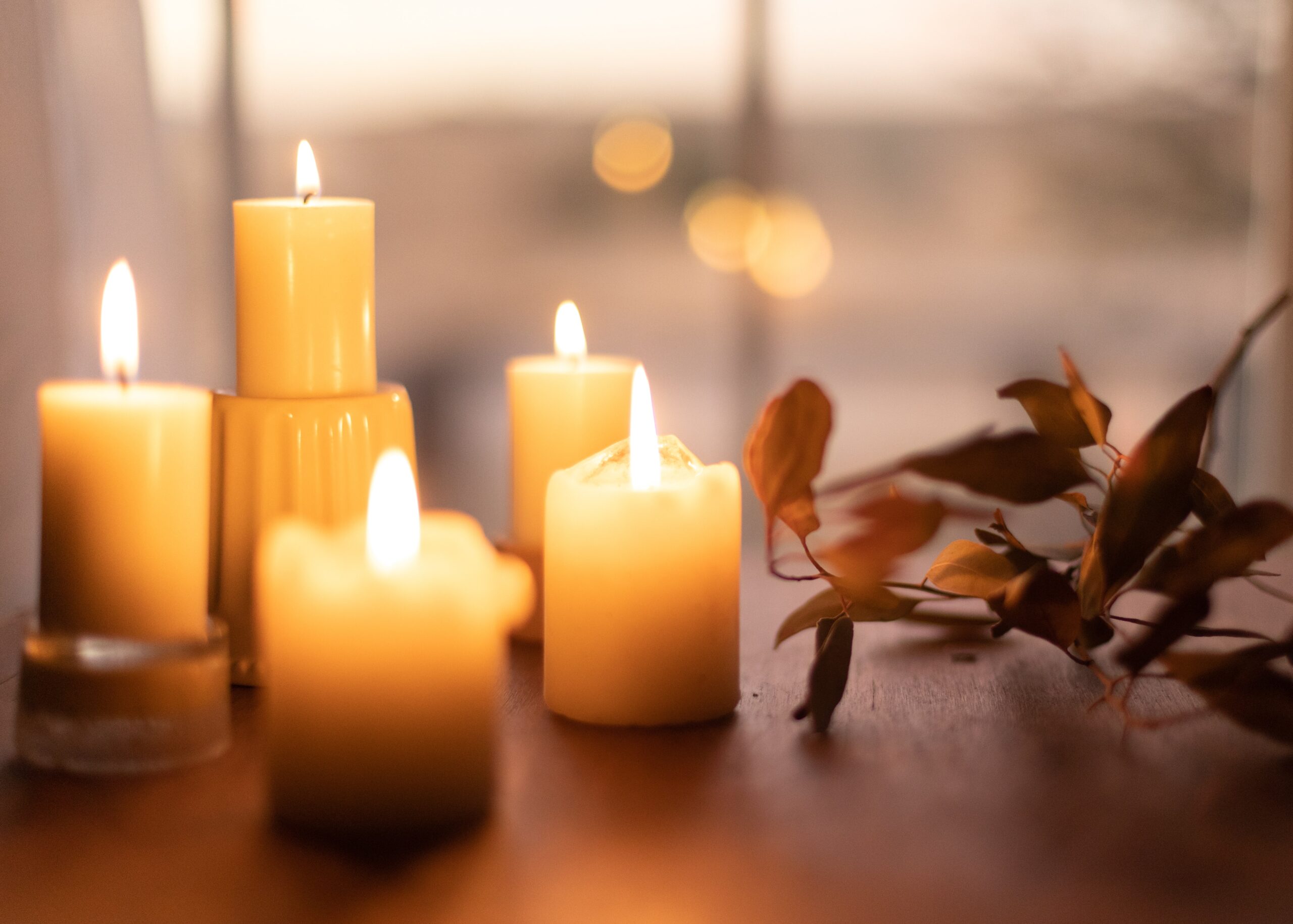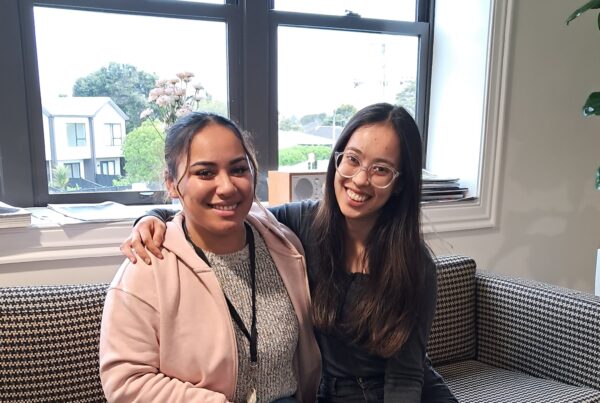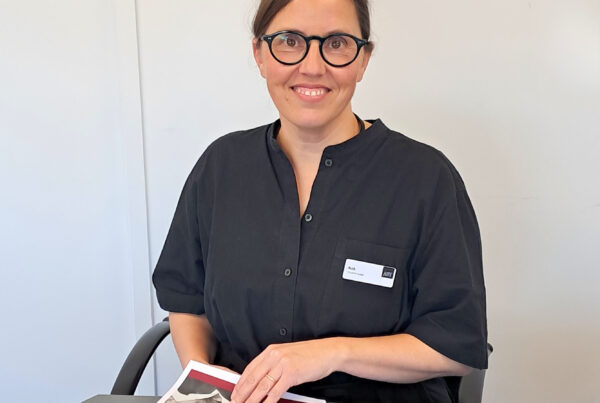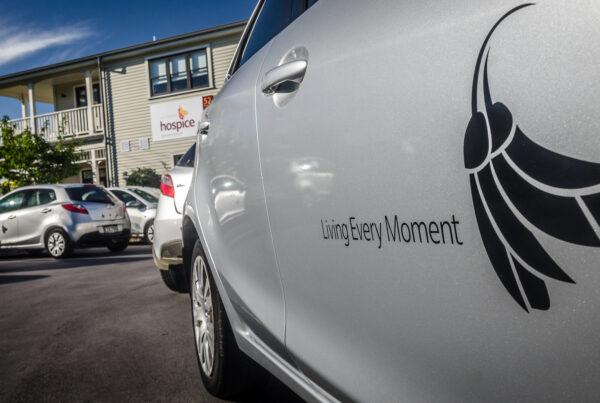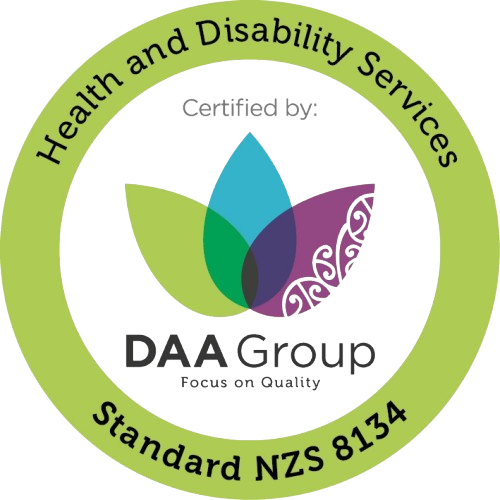1. What is a funeral director?
The funeral industry in New Zealand is de-regulated, meaning that anyone can operate as a funeral director, which can, at times, result in concerning practices if the wrong person is engaged. Choosing a provider who belongs to the Funeral Directors Association of New Zealand gives you reassurance they follow a strict code of ethics and are regularly audited.
A qualified funeral director brings knowledge and skill to oversee every detail from legal requirements to practical arrangements. They do not sell products – they listen to the wishes of the deceased and family, guide you through the options allowing informed decisions to be made, and ease the burden at an already difficult time. They should also be knowledgeable in the rituals and ceremonies of different cultures and religions.
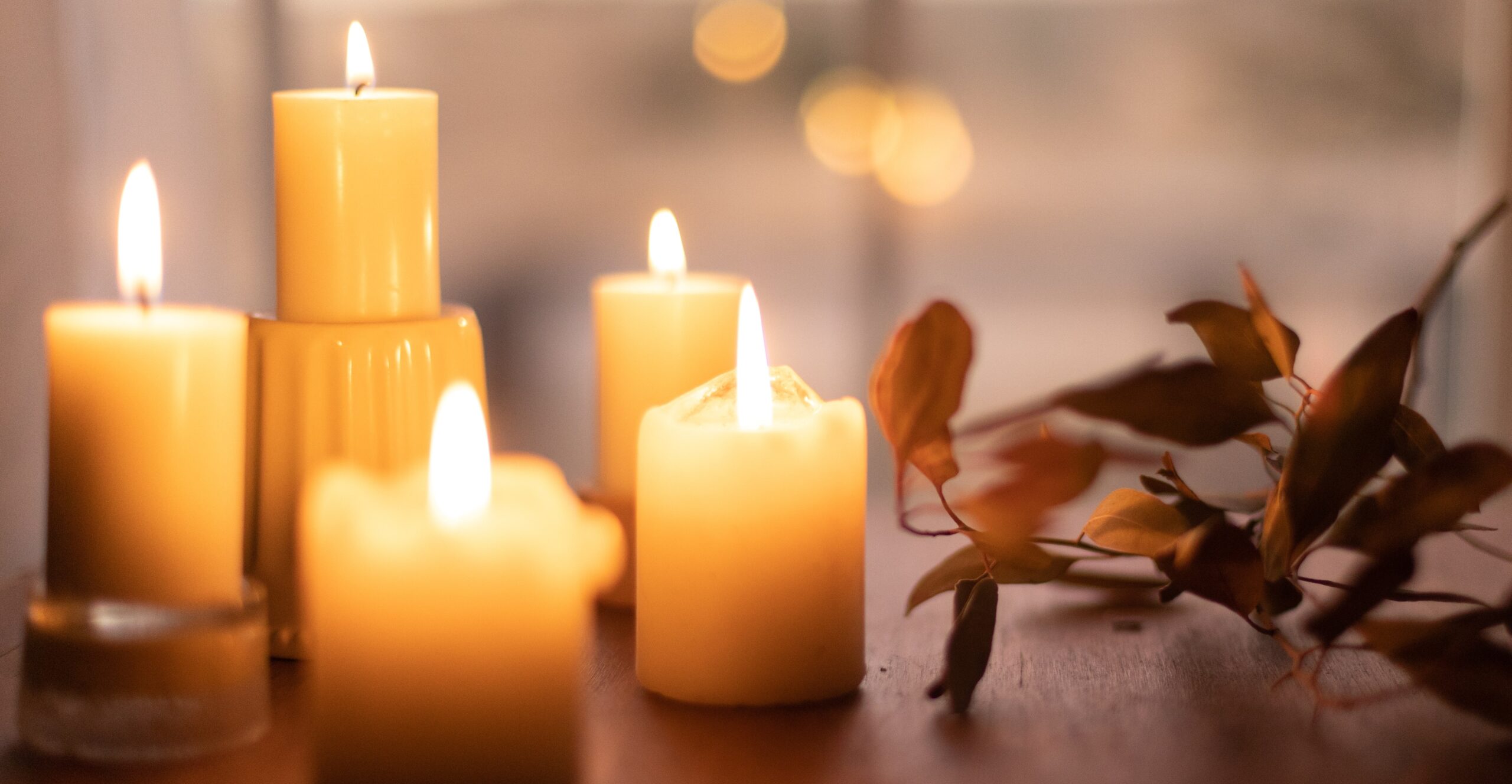
2. Why pre-arrange a funeral?
While it can feel difficult to plan, pre-arranging a funeral brings real peace of mind. It reassures families that they are carrying out their loved one’s wishes and removes the stress of making many decisions at an emotional time. Most funeral homes offer this service free of charge. Just as we make plans for other important stages of life, having a plan for our final chapter is equally important.
3. How does pre-paying for a funeral work?
Pre-paying helps set money aside for future funeral costs. This might be through a joint bank account, funeral insurance plan, or The Funeral Trust – a fee-free, professionally managed trust run by the Funeral Directors Association of New Zealand. You can set up a Funeral Trust plan through any funeral home, but it remains independent so you’re not tied to that provider. You can contribute regularly or in a lump sum to The Funeral Trust. More information can be obtained from speaking to your preferred funeral director.
4. Can you pay for a funeral out of the person’s estate?
It is possible to access money from the person’s estate to cover funeral costs before probate is read. It requires sending the person’s death certificate and funeral invoice to their bank and requesting payment directly to the funeral director. It is also possible to apply for a Funeral Grant from WINZ (which has a cap and asset test), and in some cases ACC may cover costs if the death was due to an accident.
5. What happens when someone dies – unexpectedly versus expected?
When a death is sudden or unexpected, the police need to be called. If the immediate presumed cause of death cannot be established, and in the absence of a medical doctor willing to certify the cause of death, the matter then falls within the jurisdiction of the Coroner.
When someone passes away after a known illness or medical condition, the process should require no more than two phone calls: one to the person’s doctor (or Hospice, if they were receiving care), and one to your chosen funeral director. The doctor will provide the necessary certification paperwork, and the funeral director will take care of everything, ensuring the dignified transfer of the deceased from the place of death, and assisting you with each step moving forward.
6. What is embalming?
Aside from the textbook description of embalming providing preservation, presentation and sanitation of the deceased, most importantly embalming provides time. By slowing the natural changes that occur after death, it allows families more time to gather and provides additional flexibility, making it possible to bring a loved one home for a few days before the funeral without the need for extra care or maintenance at home. Talk to your funeral director about the alternative options to embalming so you can choose what feels right for your family and circumstances.
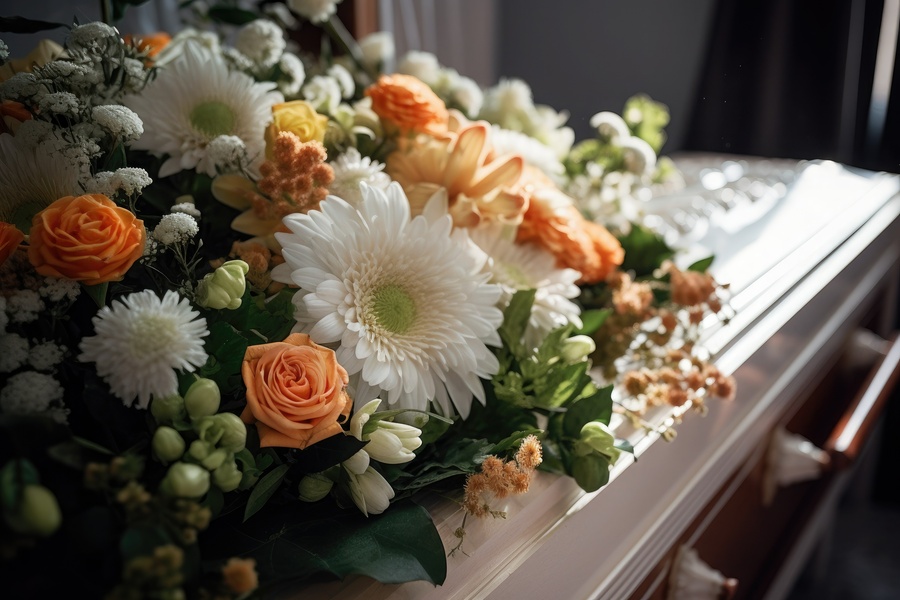
7. Why have a funeral service?
A meaningful farewell is an important step in recognising the end of a loved one’s physical life, and to assist transition to life without that person. Farewells can be religious or more secular and can be led by celebrants, family or friends. Whilst a farewell accords the wishes of the deceased, it provides a vital opportunity to give thanks for the life of the person who has died, reflect on the impact they have had, and come together, share stories, and comfort each other. It is an important first step that allows physical separation from the deceased, helps acknowledge that death has occurred, and supports the grieving process.
8. Burial or cremation?
Choosing between burial and cremation is a very personal decision. In Auckland, there are eight crematoriums, and families can decide what feels right for the ashes – whether to keep, scatter, bury, or memorialise them. Only one person is cremated at a time, and facilities are carefully cleaned, so families can be assured the ashes are those of their loved one.
Burial must be in an approved cemetery. Auckland has six major cemeteries, and if a family plot isn’t already owned burial plots can be purchased in Auckland from $5,500.
9. What about organ or body donation?
Organ donation is possible at almost any age. At the time of death, doctors will assess which organs or tissues can be donated based on health and medical history.
Bequeathing your body to a medical school is another option, but it does require prior approval and specific criteria. When this happens, a doctor must confirm eligibility soon after death. The medical school does not return the body but will arrange cremation at their own expense, and ashes can be returned to the family if desired.
We are grateful to Davis Funerals for their guidance and expertise in providing the information for this article.
